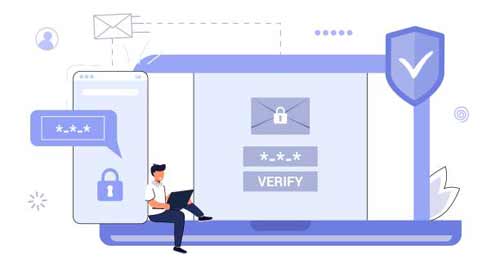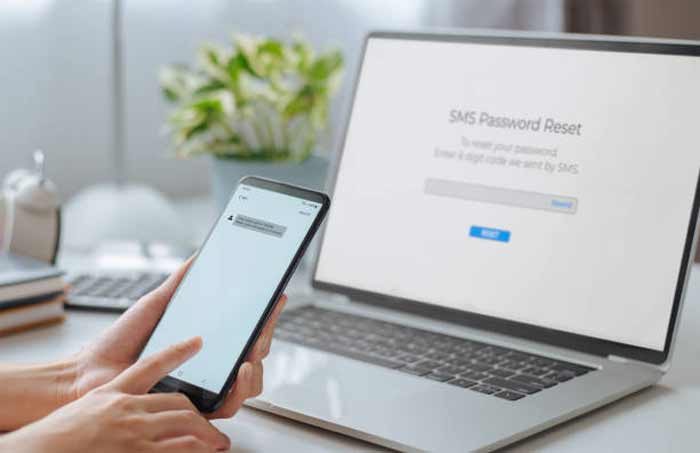The Definite Guide On SMS Verification Services
If you’re planning on using SMS verification services, you need to choose a provider with an extensive feature set and good security. There are many options, and a good provider will have features such as double opt-in, Authentication code, and security. In addition, it’s important to choose a provider that can be trusted.
Double opt-in

Double opt-in SMS verification services allow subscribers to confirm their interest in receiving messages from a particular sender before adding them to a list. While this method may take longer to set up and maintain, it has several advantages. It helps to establish a connection with customers by showing them that you respect their privacy and time. In addition, 46 percent of customers say they would opt-in to receive texts from e-commerce and retail businesses.
In addition to providing a higher level of customer trust, opt-ins also help to protect a company’s customer’s information. It also allows consumers to be confident that they have given their consent to receive text messages from a business. Besides, double opt-ins ensure that customers are not subjected to spam messages.
Authentication code
Authentication code for SMS verification services works to verify a message’s authenticity by sending a unique number to the sender. It is a useful way to keep track of the identity of the sender and save time when checking messages. It also builds trust and improves user experience. In the majority of cases, the code is delivered via SMS to the user’s phone, read more here.
The SMS verification services that allow users to submit their phone number to confirm their identity can prevent fraud by preventing impersonation and identity theft. These SMS services are most effective when used in conjunction with automated fraud detection tools. These tools use machine learning and artificial intelligence to score transactions based on their potential for fraud and can flag transactions for manual review.
While SMS authentication is generally safer than passwords, there are still many risks. For example, social engineering attacks are just as common on mobile devices as on desktop computers. These attacks involve malicious actors posing as legitimate organizations in order to obtain confidential information, including passwords and SMS codes. Once stolen, SMS codes can be used by hackers to access accounts and steal personal information. In addition, SMS authentication is expensive, and the costs can vary widely between providers. Furthermore, the cost will depend on the volume of messages sent. Therefore, SMS authentication services must be implemented carefully to protect their users’ information.
Security
One of the major concerns about SMS authentication services is their security. SMS are not encrypted and they are subject to attack by hackers, so it is crucial to use a trusted provider who can verify your identity. SMS are also susceptible to social engineering attacks, which are as common on mobile devices as on desktop computers. In these attacks, malicious actors pose as legitimate organizations and attempt to trick their targets into giving them passwords or SMS codes. This data can then be misused to gain unauthorized access to systems. In addition, SMS authentication is expensive and depends on the volume of SMS sent. If SMS authentication is not secured, it can have disastrous consequences for an organization.
Today, more than ever, consumers are connected to the internet. This means that attackers can send phishing links via a text message or advertisement, and if a consumer clicks on one of these phishing links, he or she is giving away all of their information. This is why it is imperative to protect consumer data by using two-factor authentication. SMS authentication services must offer high security standards and prompt assistance. Furthermore, they should have flexible APIs that allow easy integration and scalability.

